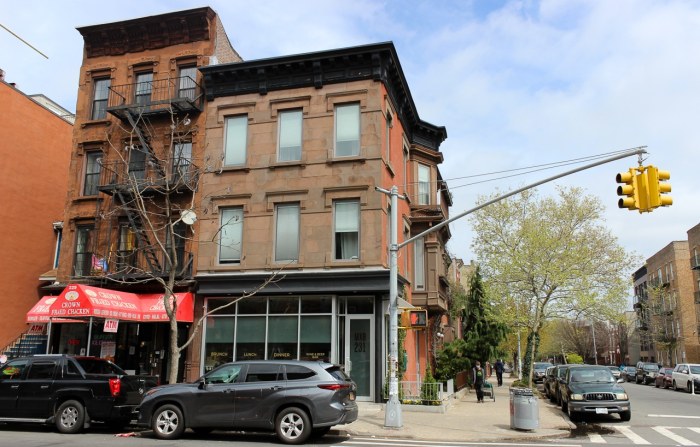With a state budget now enacted, hundreds of thousands of New Yorkers can breathe a sigh of relief knowing that their care remains intact. The recently concluded budget session in Albany saw managed long-term care (MLTC) plans fight for their survival after some lawmakers proposed a bill that would have scrapped the program.
Luckily, this misguided effort was unsuccessful and the elimination of the MLTC program was excluded from the final budget signed into law by the governor.
The preservation of MLTC, a Medicaid-funded system, is particularly timely in April, which is Medicaid Awareness Month, the annual celebration of the joint federal and state healthcare program that provides healthcare coverage for more than a third of all New Yorkers.
MLTC epitomizes Medicaid’s importance and value. Eliminating the plans would have disrupted care for about 300,000 New Yorkers with disabilities, as well as older residents who need full-time assistance and care to live independently and can no longer perform everyday activities on their own — including the more than 18,000 people served by our organization in New York City, Long Island and Westchester County.
During Medicaid Awareness Month, it’s crucial to recognize the stakes involved when Medicaid faces threats.
Medicaid enables us to provide holistic home care to members, keeping them as healthy and independent as possible. Our approach to MLTC transcends what is typically associated with healthcare by facilitating trust and comfort with members and their loved ones, in addition to comprehensive home care services that allow us to intervene early and prevent hospitalizations when health crises arise.
Stories from our members illustrate firsthand examples of how this approach materializes in life-altering value for New York’s most vulnerable populations.
Self-care was important to one of our younger members after suffering a traumatic brain injury. He didn’t want to be sponge-bathed, but his wife was experiencing caregiver burnout and had trouble finding the right shower chair. Following a home assessment, we selected the best model chair for his unique situation and functional ability. Now he’s showering with assistance, is happier, and has retained a sense of independence.
In another case, a member was denied the medication necessary to keep her transplanted kidney functional. Our team worked with pharmacy and federal personnel to restart the prescription and keep her alive.
And during a routine home visit, one of our nurse care managers entered to find the power out with no food in the house, prompting her to stock the cupboards and get the lights turned back on.
Three stories, three different outcomes – but all highlighting how the small details count in these Medicaid-funded programs that help so many New Yorkers. Regardless of who you are or where you live, you or someone you love has likely needed similar care services.
While our programming survived, Medicaid is perennially on the chopping block in Albany, and there will undoubtedly be tough choices to make in the future.
This uncertainty often comes when New York is at the cusp of a massive demographic shift: Our state has one of the oldest populations in the country and a steadily increasing number of elderly and disabled residents, a number that is predicted to skyrocket as Baby Boomers age.
At a time when New Yorkers’ needs for long term care services are likely to grow amid a rapidly aging population, we must ensure that this proven model of care is protected.
Throughout Medicaid Awareness Month, we think it’s important to not only highlight these stories, but also thank the policymakers and lawmakers in Albany who have fought to ensure the stability of our program.
Let’s work together to make the program more efficient — not diminish it. Healthcare organizations like ours can play a significant role in shaping the future of Medicaid and ensuring it meets the needs of a growing and diverse population.
Susan Aldrich is Executive Vice President of RiverSpring Health Plans, a managed long term care provider that serves populations in Westchester County, New York City and Long Island and a member of the New York State Coalition of Managed Long Term Care Plans.


















